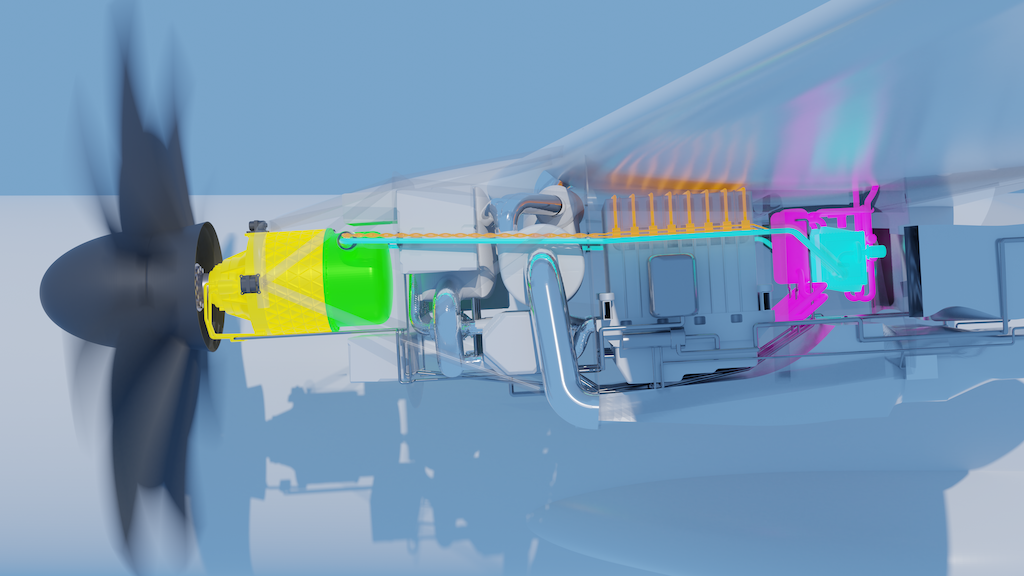Airbus UpNext, a subsidiary of Airbus, is making significant strides in developing electric propulsion systems for future hydrogen-powered aircraft. Their latest project, Cryoprop, builds upon previous research by integrating a powerful, supercooled electric motor for potential use in these next-generation planes.
Cryoprop will test a two-megawatt class superconducting electric propulsion system. This system, developed by Airbus teams in France and Germany, will be cooled by liquid hydrogen using a special helium recirculation loop. This innovative cooling method is crucial for superconductivity, a phenomenon where electrical resistance vanishes at extremely low temperatures.
“Our earlier demonstrators have shown that superconductivity is a key factor in enabling high-power electric propulsion for future hydrogen aircraft,” said Michael Augello, CEO of Airbus UpNext. “We believe Cryoprop will significantly improve the performance of these propulsion systems, leading to substantial weight and fuel savings.”
Airbus isn’t new to the field of superconducting electric propulsion for aircraft. Over the past few years, they’ve been actively researching this technology, culminating in the successful activation of a 500-kilowatt cryogenic propulsion system last year.

Cryoprop will go beyond simply testing the power of superconductors. It will comprehensively assess various aspects crucial for real-world application, including safety, industrialization feasibility, maintenance requirements, and operational considerations. This project will also allow Airbus to develop internal expertise in superconductor technology and foster collaboration within the industry to accelerate the development of necessary components like superconducting cables, motors, cryogenic power electronics, and cooling systems.
The successful implementation of Cryoprop could pave the way for a revolutionary shift in air travel. Hydrogen-powered aircraft with high-power electric propulsion systems powered by superconductors promise significant improvements in efficiency, weight reduction, and potentially, a more sustainable future for aviation.
